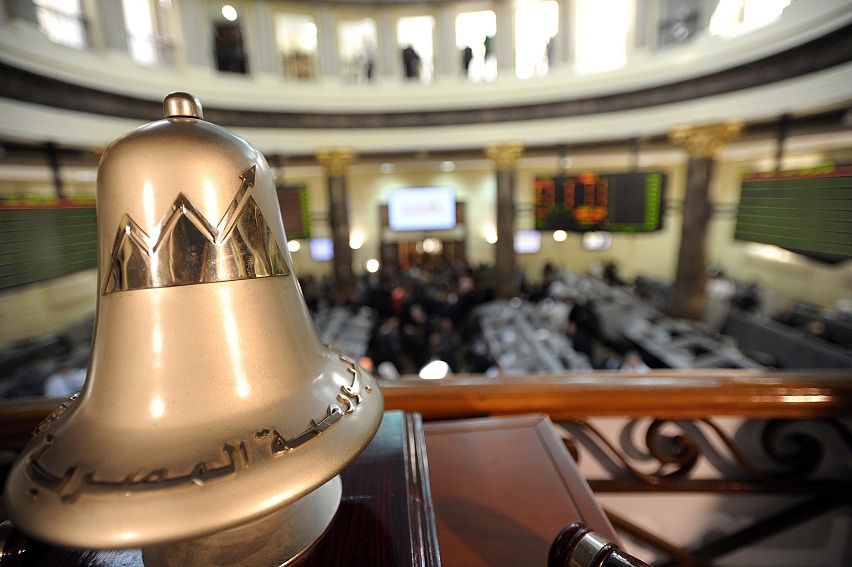CAIRO: A third set of bombings targeting tourists on the Sinai Peninsula adds to the mystery about the secretive group thought to be behind them, driving some analysts to suspect a foreign connection. Hours after Monday s bombings in the budget resort of Dahab, Western analysts mentioned Al-Qaeda as a possible culprit. But many security experts believe a shadowy Sinai-based group is more likely to be responsible. It may share some of Al-Qaeda s objectives but no one has produced evidence to prove it. The triple bombing on Monday, which killed at least 24 people and wounded 150, closely resembled earlier attacks in Taba and Sharm El-Sheikh, which the government attributed to a group of local militant Islamists founded by a man of Palestinian origin. Whoever planted the bombs was closely familiar with the area and timed them to coincide with a national holiday, which some analysts saw as suggesting an Egyptian ideological context. It could be a new group that has sprung up in Sinai because it knows the area and its targets well, it has the ability to gather information here and they are not known to the security authorities, Islamic movement analyst Nabil Abdel-Fattah said. But what puzzles especially Western analysts is the sophistication of the bombing campaign and whether locals could mount such a deadly series of attacks without some outside help.
These are quite large-scale, coordinated (attacks). They presuppose serious organization, planning and so forth. These are not amateur, said Hugh Roberts, Cairo-based North Africa director at the International Crisis Group. This raises the question: can it purely be attributed to local Sinai elements, when there is no previous tradition of Islamic terrorist activity in the Sinai? … The natural thing to assume is the authorities are withholding something. If the official line is true, the new group has arisen of its own accord, independent of Egypt s older and now inactive Jihad and Gama a Islamiya groups, this makes it even more of a mystery, Roberts said. An alternative explanation would be that the chain of bombings is inspired by Osama bin Laden s Al-Qaeda, a possibility also acknowledged by Abdel-Fattah, and that those responsible have at least some international connections. The existence of a more extensive network could also help account for the inability of the Egyptian authorities to halt the bombings, despite a series of arrests and the death of several militants in gun battles with police. Security consultancy Strategic Forecasting Inc said the latest attack appears to be the work of Al-Qaeda s Egypt node, describing the Sinai Peninsula as suitable terrain where Al-Qaeda could build up its infrastructure. David Claridge, managing director of Janusian Security Risk Management in London, said there was no reason to doubt the authorities assessment that the Taba and Sharm El-Sheikh attacks, which killed a total of about 100 people, were carried out by local groups. But he said they also matched Al-Qaeda s agenda and may well have an outside connection. Al Qaeda sets the framework and says: These are the things that we consider legitimate targets and this is what we are trying to achieve , Claridge said. Then people who have some association with Al-Qaeda, either in their own minds or in actual fact through personal associations and so on, then carry out the attacks. It may be a network of ideas rather than a network of supply and logistics. A U.S. counter-terrorism official said: We are not ruling out the possibility of outside involvement, but at this time there is no evidence to suggest it. The focus on Egypt s Red Sea Riviera, increasingly popular with Westerners, would fit a longstanding pattern of attacks by Al-Qaeda or like-minded groups on soft tourist targets in Muslim countries from North Africa to Indonesia. The latest attack came one day after the release of a propaganda tape by Al-Qaeda leader Osama bin Laden. A piece of timing that a European intelligence source called accidental, but which security analysts said might be relevant. Claridge said it was possible the bombers could have prepared their plans and waited for an Al-Qaeda cue to strike. But Diaa Rashwan, an analyst of Islamic movements, said the significance of the timing was that the bombings, like those of Taba and Sharm El-Sheikh, occurred on a national holiday. These attacks are not related to Al-Qaeda. In all the tapes released by Al-Qaeda leaders, they have not mentioned [the Sinai bombings] … Al Qaeda has not attacked on national holidays, Rashwan told Reuters. Reuters

